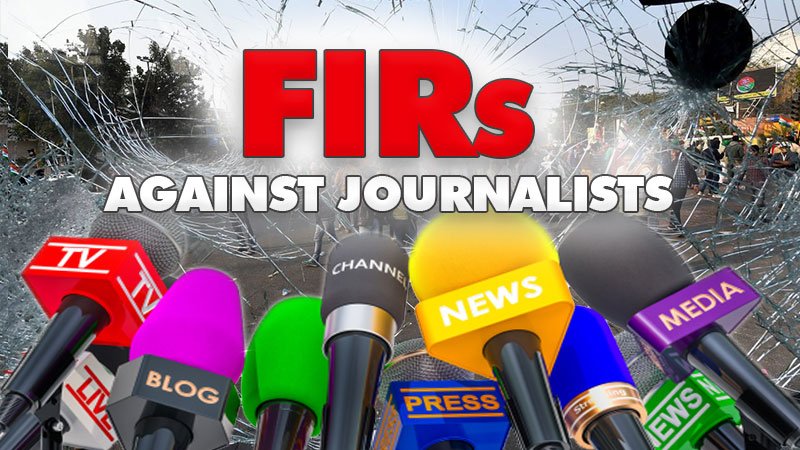Why the FIRs against journalists is wrong
Even as the media must improve its reporting standards, the political regime must step back, for FIRs will have a chilling effect on free speech and liberty.
When news events are still in progress, journalists must follow a simple rule — report, but only after verification. If the event is particularly sensitive, there is an even greater onus on journalists to be more careful. And that is why when a set of journalists, on January 26, reported that a protester had died due to police firing, they weren’t meeting the highest standards of their profession. Later disclosures, including a video released by the Delhi Police, showed that the protester died when his tractor overturned. Journalists who got it wrong must introspect; the temptation to shoot off tweets without verification must be resisted; and media institutions must have stronger vetting processes.
But this cannot justify what appears to be a politically-driven campaign to legally entangle journalists for a host of crimes they did not commit. In five states where the police force is controlled by the Bharatiya Janata Party — Uttar Pradesh, Madhya Pradesh, Haryana, Karnataka, and Delhi — first information reports (FIRs) have been filed against journalist Rajdeep Sardesai and others on charges of sedition, criminal conspiracy, effort to break public peace, promote religious enmity and more. This is wrong, for a mistake in reporting — which Mr Sardesai, for instance, immediately corrected when new information came to light — cannot be treated as akin to a conspiracy against the State. The fact that fake news and hate speech are a staple on Indian news television — but little is done about it since it often suits powers-that-be — lends the current case an air of selectivity. Even as the media must improve its reporting standards, the political regime must step back, for FIRs will have a chilling effect on free speech and liberty.




